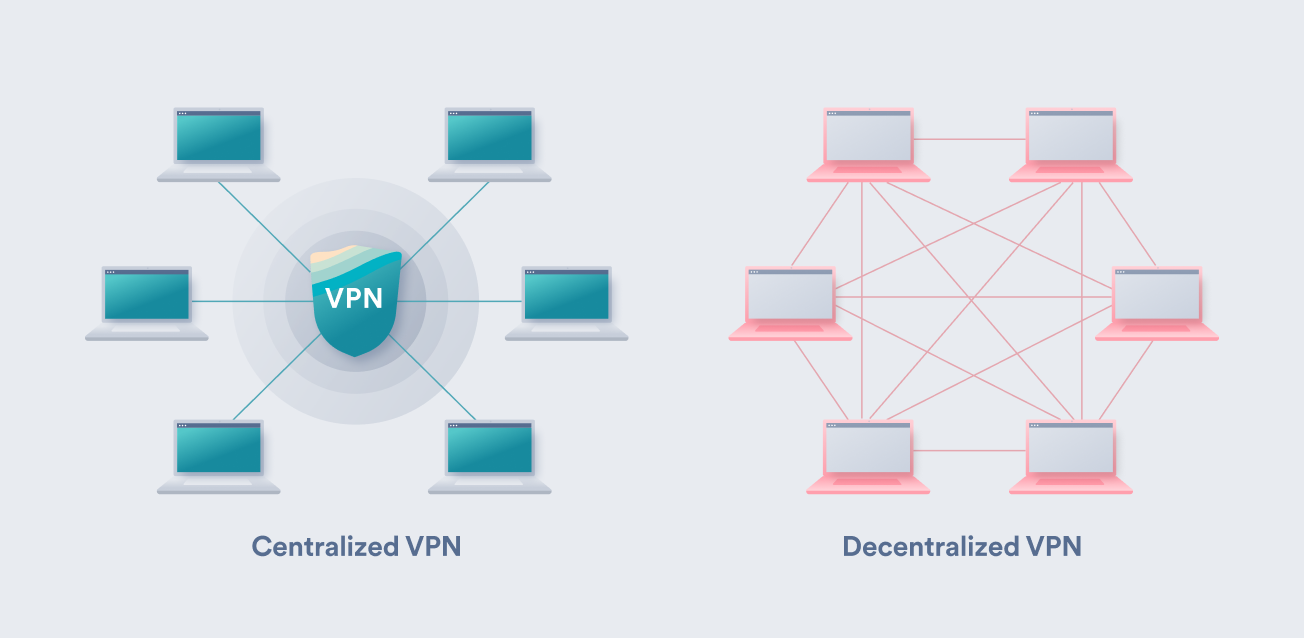A VPN is a very useful service to protect your Internet experience. However, not all VPN services work similarly. You can enhance your privacy and security in public WiFi and avoid geographical blocking as well as hide your IP. A decentralized VPN is even more useful and secure and we explore the three main reasons for this.
The dVPN is a relatively new kind of VPN that focuses on node connection. You can add more layers of security to your Internet experience by using them. Here you can learn the main differences with traditional VPNs and how the development of new dVPNs advances.
How do decentralized VPN works
The dVPN is a server that connects to Internet through nodes. It can be a computer or a smartphone. Each decentralized VPN user acts as a new node. The structure and working is similar to that of P2P downloads. They are still in development but the latest improvements have been huge.
Privacy
One of the advantages of decentralized VPN is that of privacy. It uses encrypted tunnels for information traffic. Each decentralized node encrypts the data and it is not stored in one server but in each node separately.
There is no central authority
There is no central program or service that runs the VPN. A decentralized VPN works thanks to each of the nodes, and there’s no centralized authority to restrict the functionality of the service.
Options for IP change
When using a dVPN we have more options to change IP addresses regularly. It Is still in development stage but it’s a solution for users that need IP changes on the go. In decentralized VPN, each time we connect to a new server the IP will change. The objective of this function is to avoid geographical blockage as well as getting more Internet velocity.
The decentralized VPN is developing at great speed and it focuses on these three advantages compared to traditional VPNs. Start testing what dVPNs have to offer.

